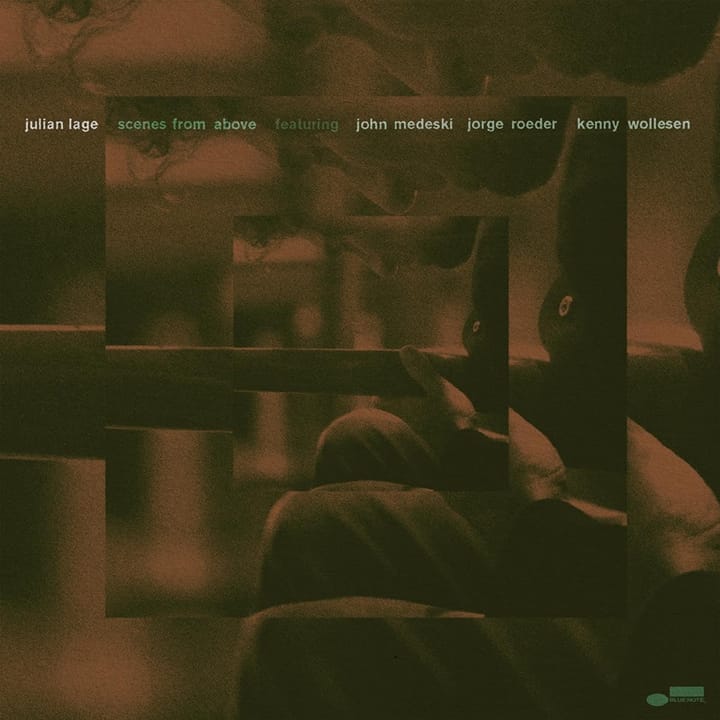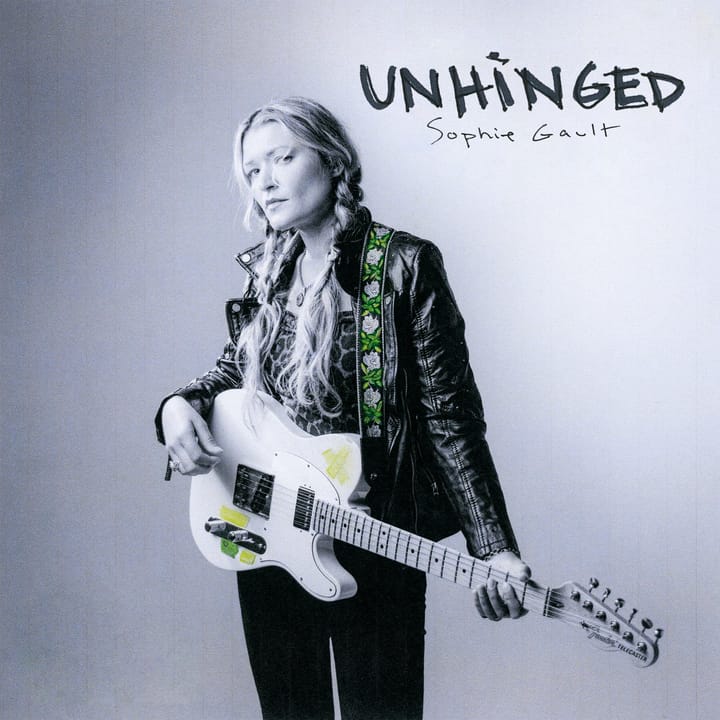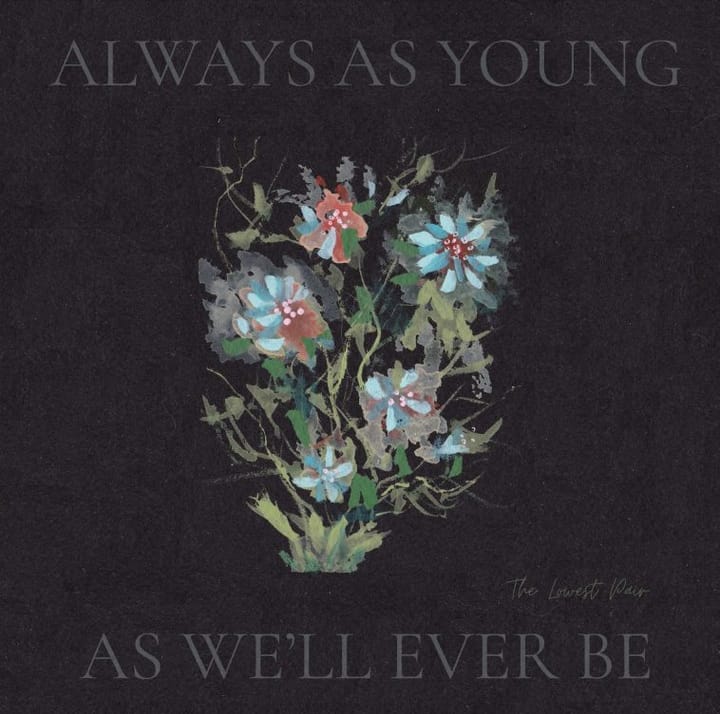It's too tempting to make references to the greats -- Loretta & Conway, George & Tammy, Dolly & Porter -- and there will be a lot of that. The fact is, though, Caitlin Cary & Thad Cockrell aren't worthy. Or rather, they deserve better, depending on how you look at it.
In the 1950s and '60s, there were great singers of universally resonant songs who left a legacy known to even casual fans of country music. They were, by and large, country people themselves, uniquely of their place and time. In common with those greats, Cary & Cockrell have but this, and it's no small thing: They sing with scarred hearts, and the voices the good Lord gave them, about love, the lack of it, and all the painful spaces in between.
Cockrell has vowed to "put the hurt back into country," and in that, Begonias succeeds. But it's loaded with ringers, too -- the silkily seductive soul of the Percy Sledge hit "Warm And Tender Love"; the subtly electronic pop of the Glenn Campbell-like "Something Less Than Something More"; the hooky rock of "Second Option", which is the new best song Whiskeytown never made. Vocals are intimate, immediate and intentionally under-rehearsed to capture an edge of freshness. And the influence of intervening decades, particularly the '70s, is everywhere.
Cary, formerly of Whiskeytown and with two acclaimed solo albums to her credit, remains just a little bit indie punk while rendering sweet and elastic harmonies reminiscent of the Everlys, as on "Something About Me", or Gram & Emmylou, as on "Two Different Things". Cockrell is a little bit gospel, a scion of a family full of Baptist ministers. His clear tenor, in roughly the same range as Cary's alto, rasps and cracks with expressive effect through the heartache and bewilderment of the album's more wrenching lyric passages.
Cary & Cockrell wrote nearly all the songs together, but Cockrell's influence is strongest in the lyrics' straightforward simplicity. "Please Break My Heart", for instance, could be a Harlan Howard hit for Patsy Cline. Simple catch phrases anchor the choruses of these songs, and they capture instantly recognizable circumstances and emotions. "Conversations About A Friend" could be heard in any bar after work (and it features a delightful, contextual reference to Woody Guthrie's "Do Re Me"), and "Party Time" is a classic Saturday night drinkin' and dancin' affair. The back-to-back "Whatever You Want" and "Don't Make It Better, Make It Over" perfectly circle the ambiguous nature of relationship tension; it's the theme that ties all these tracks together.
While Cary & Cockrell don't resurrect the great duets of country music, they have given us a record those giants could not have, one with deep reverence for iconic forbears, tempered with the experience of recent history and contemporary reality.




Comments ()